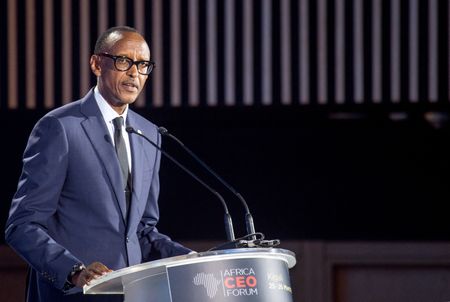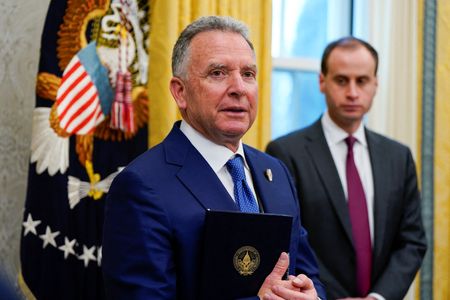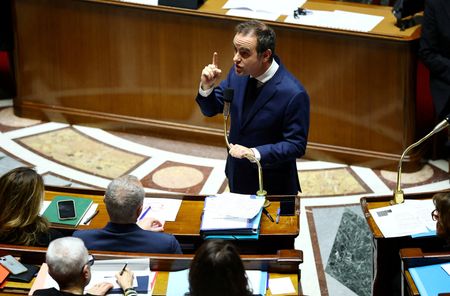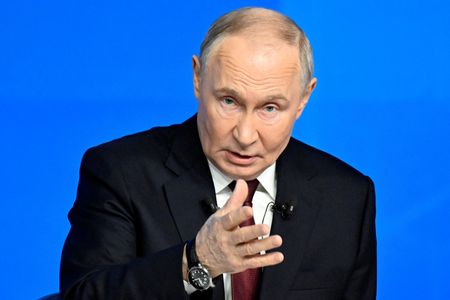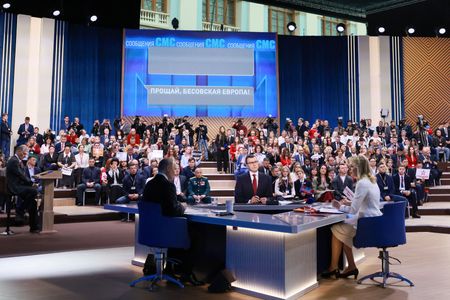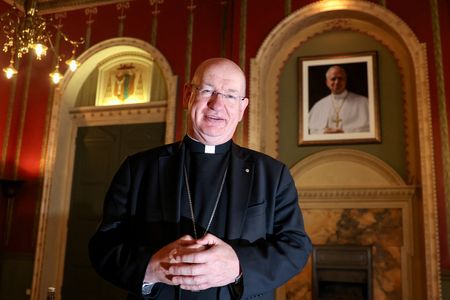By Clement Uwiringiyimana
KIGALI (Reuters) – Rwanda will re-open on Monday a border crossing with Uganda that was shuttered nearly three years ago, even as tensions rise between the central African neighbours, fuelled by accusations of espionage and support for each other’s dissidents.
Rwanda had repeatedly accused Uganda of supporting rebel groups planning to topple the government in Kigali while Kampala accused Rwanda of carrying out illegal espionage activities in Uganda.
In a statement on Twitter on Friday, Rwanda’s foreign ministry said the country would re-open the common border on Jan. 31.
“Rwanda has taken note that there is a process to solve issues raised by Rwanda, as well as commitments made by the government of Uganda to address remaining obstacles,” it said in the statement.
Various attempts, including mediation efforts by Angola, to restore normal relations and open the border had yielded little.
The border closure in March 2019 had severely disrupted the trade links in the region.
For its external trade, Rwanda primarily relies on a transport corridor that runs from the Indian ocean port of Mombasa through Kenya and Uganda.
The same road also funnels goods through Rwanda to Burundi and eastern Democratic Republic of Congo.
Rwanda and Uganda have long harboured mutual suspicions and hostilities, partly stemming from historical ties between both countries’ politics and security.
Paul Kagame, Rwanda’s current leader, grew up in Uganda and participated in the a guerrilla struggle that brought Uganda’s president Yoweri Museveni, 77, to power.
The move to re-open the border followed a meeting in Kigali last week between Kagame and Museveni’s son, Muhoozi Kainerugaba who is also a general in the military and who the public widely believes is being prepared to take over from his long-serving father.
A resumption of normal trade at the two countries’ border crossing is potentially a much needed impetus for jump-starting regional economies battered by effects of COVID-19 containment measures.
Rwanda and Uganda are members of regional trade bloc East African Community alongside Kenya, Tanzania, Burundi and South Sudan.
(Reporting by Clement Uwiringiyimana; Writing by Elias Biryabarema; Editing by George Obulutsa and Lincoln Feast.)

